I'm a Dietitian and These Are 8 Clear Signs You're Not Eating Enough Protein

Are you eating enough protein? There are some signs to look out for. Crystal Zabka-Belsky, MS, RDN, CSSD, LMNT, LDN, from Clean Eatz, explains that protein is essential. "As published in the Journal of Obesity and Metabolic Syndrome, high-protein diets will not only promote muscle protein synthesis, but will also reduce fat mass for both low-calorie and standard-calorie diets," she says. "It is essential to identify a long-term strategy to meet daily protein needs." Here are eight signs you aren't eating enough protein.
Loss of Lean Muscle Mass

The first sign is loss of lean muscle mass. "Loss of lean muscle mass is often a result of chronically low caloric intake and inadequate protein availability to restore muscle tissue consistently," she says.
Bone Loss or Injury
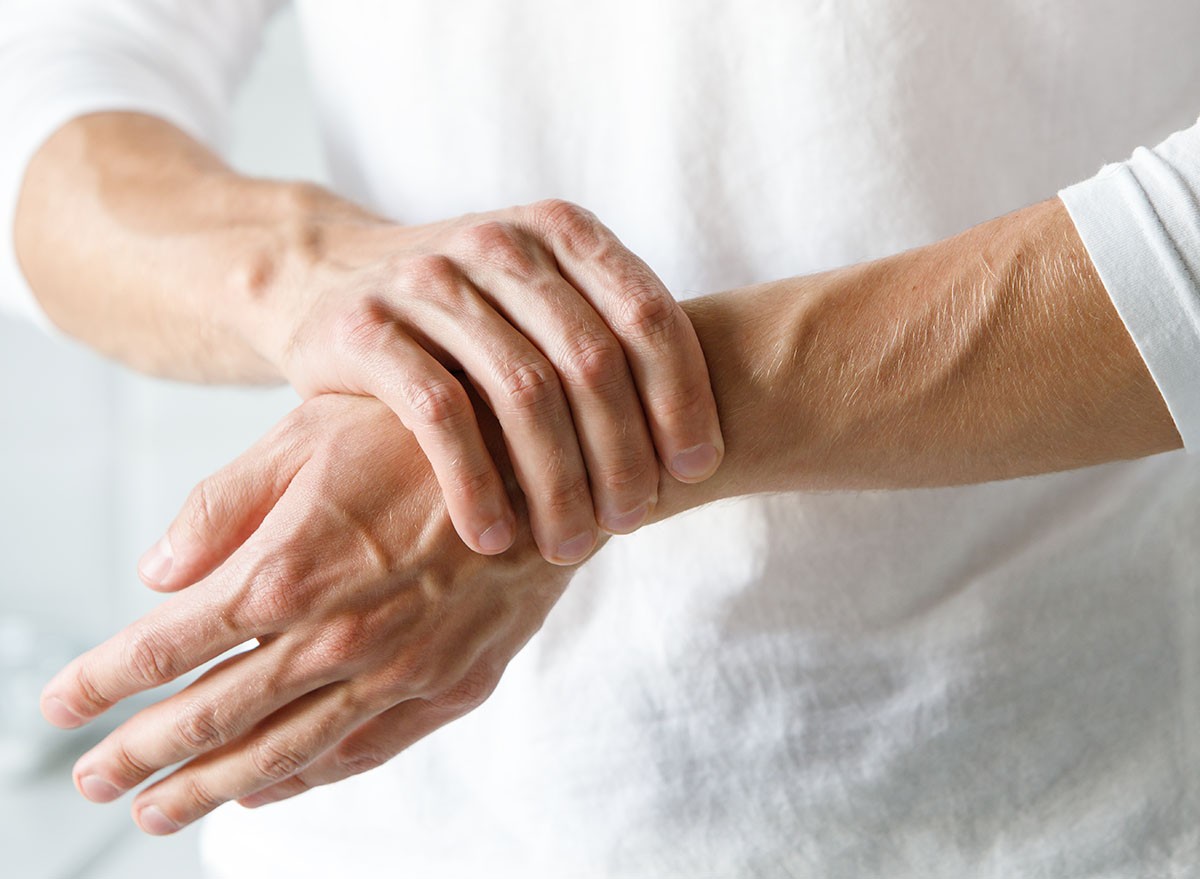
Another sign? Bone loss or injury. "A consequence of low protein intake that comes as a surprise to many people is bone compromise including stress fractures, osteopenia, and early onset of osteoporosis," she says.
RELATED: 20 Foods You Didn't Know Were Ultra-Processed
Eating More Empty Calories
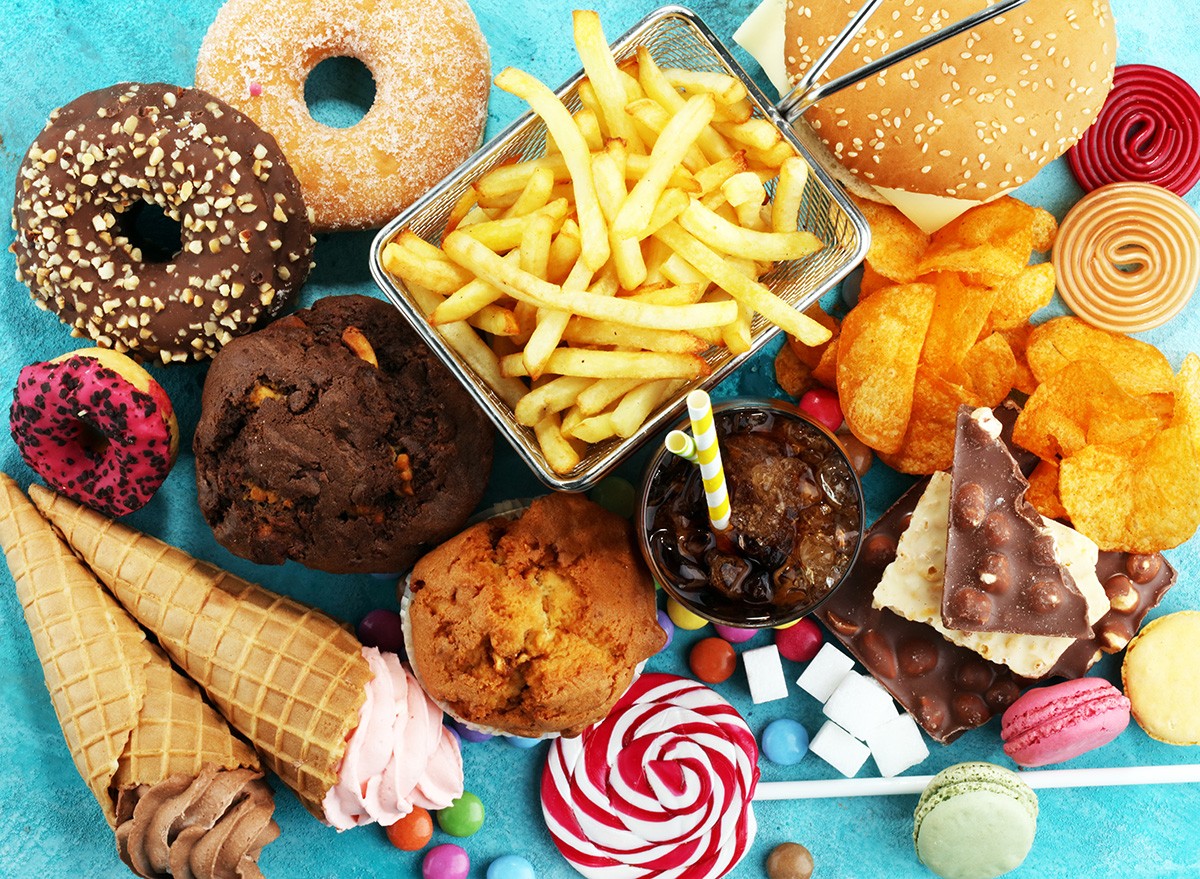
Are you eating more? "Inadequate protein intake can lead to excessive consumption of additional 'empty calories' that don't promote natural satiety and lead to unwanted body fat gain," she says.
Your Metabolism Slows Down
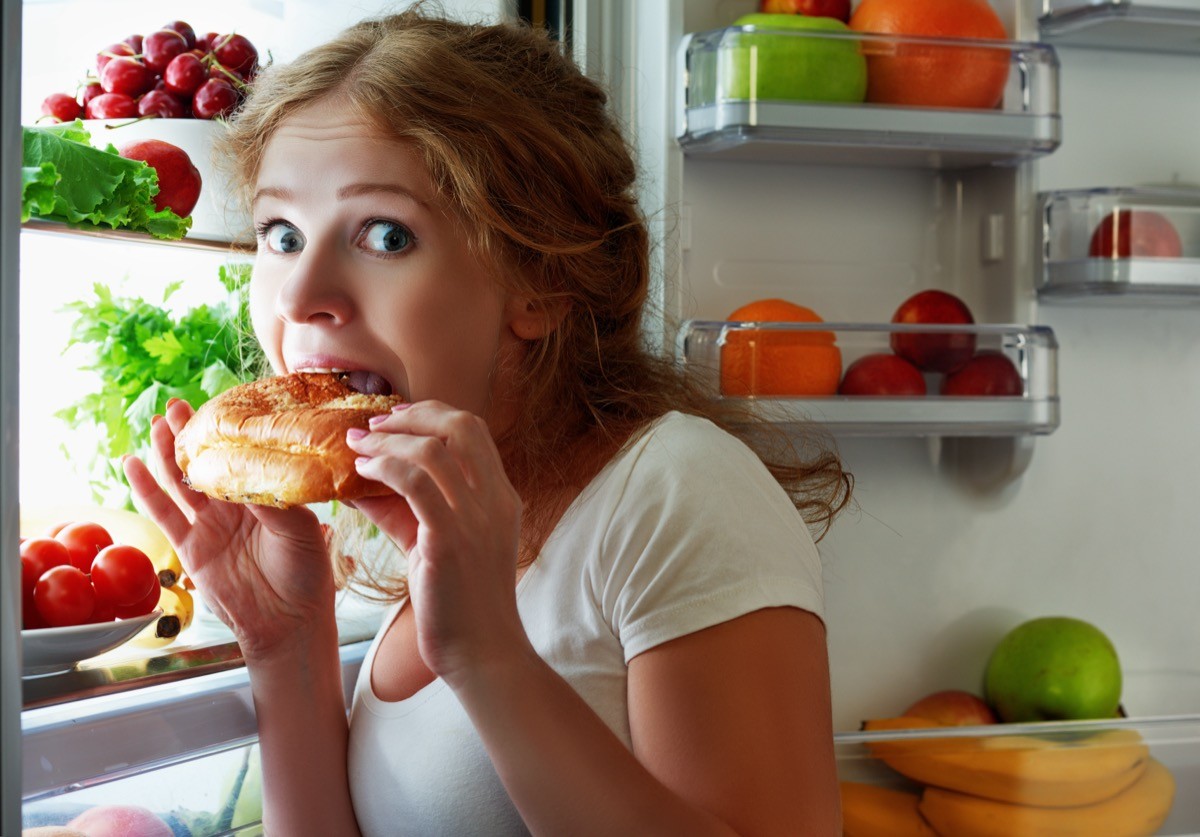
A slower metabolism is also a sign. "When protein intake doesn't meet our body's needs for ongoing muscle protein synthesis, our lean body mass starts to decline, leading to a reduced metabolic rate," she says.
You Are Experiencing More Injuries

Injuries can also occur if you don't eat enough protein. "Protein plays an essential role in muscle protein synthesis, particularly food protein sources rich in the amino acid leucine. When adequate amino acids aren't available to synthesize new muscle tissue after exercise, chronic injuries are much more likely to occur," she says.
RELATED: I'm a Nutritionist and These are the Best Banana Recipes For Weight Loss
You Are Experiencing "Insatiable Hunger"

"Satiety, the natural feeling of fullness, is highly-related to protein intake due to the extended time period required for protein digestion. When individuals rely on high-carbohydrate foods, it results in a state of insatiable hunger," she says.
RELATED: 8 High-Protein Foods with Nearly Zero Calories That Melt Fat
Poor Exercise Recovery
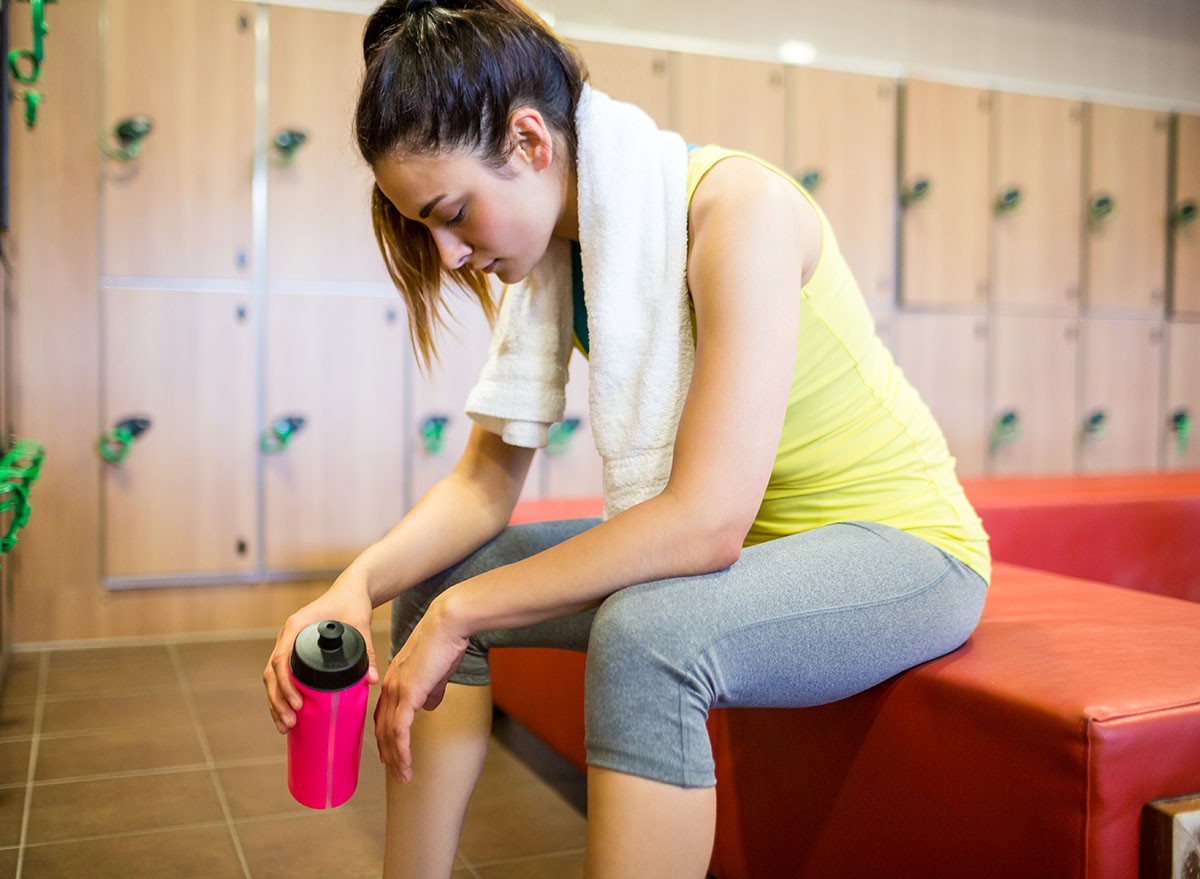
"There is a common misconception that protein is an energy source for exercise, but it only provides about 5% of our fuel. Protein is actually the primary source of nutrition for promoting recovery and if protein doesn't follow exercise as a recovery strategy, one can expect chronic poor exercise recovery," she says.
You Are Experiencing Nutrient Deficiencies
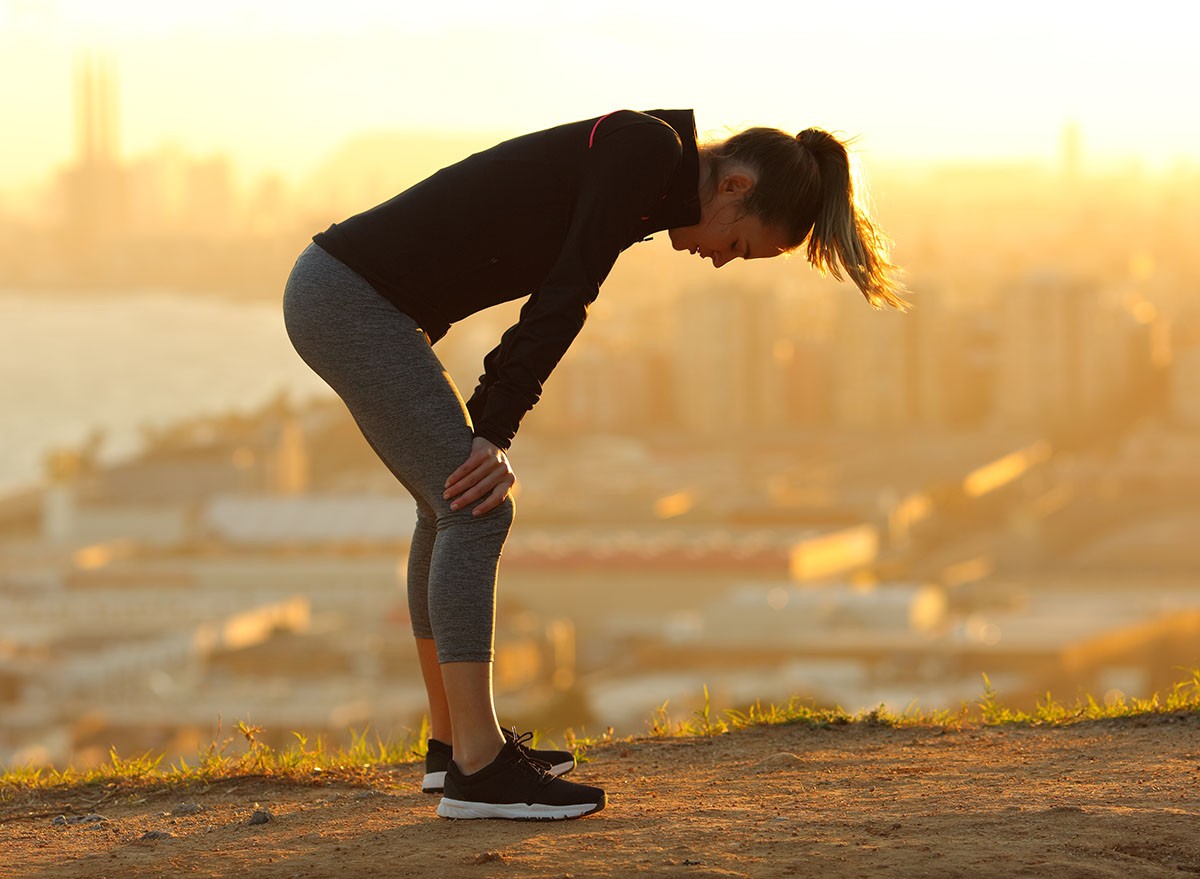
Complete protein sources contain all 9 essential amino acids and a variety of nutrients for the body, including B vitamins (niacin, thiamin, riboflavin, and B6), vitamin E, iron, zinc, and magnesium. "If protein intake is deficient, it is highly likely that one will experience nutrient deficiencies," she maintains. And if you enjoyed this article, take advantage of these 15 Quick Ways to Lose Body Fat Percentage in a Week.




